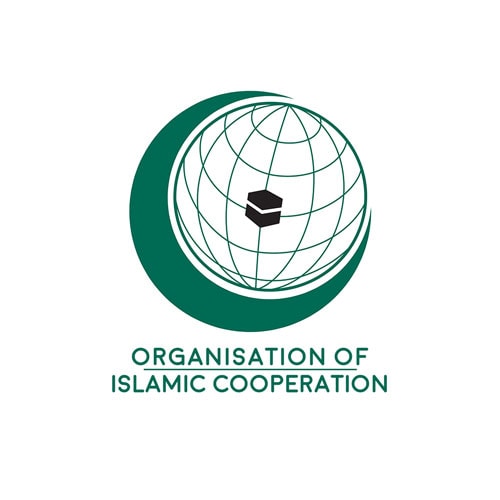The General Secretariat of the Organisation of Islamic Cooperation (OIC) on Monday expressed “deep concern” over India’s attempts to redraw the electoral boundaries of Indian Occupied Kashmir (IOK), altering the demographic structure of the territory and violating the rights of the Kashmiri people.
In a statement shared on Twitter, the OIC said the delimitation exercises were in direct contravention of the relevant UN Security Council (UNSC) resolutions and international law, including the 4th Geneva Convention.
“Referring to the long-standing and principled position on the Jammu and Kashmir dispute and relevant decisions of the Islamic Summit and OIC Council of Foreign Ministers, the General Secretariat reiterates its solidarity with the people of Jammu and Kashmir in their just quest for the right of self-determination, in accordance with relevant UNSC resolutions,” the statement said.
The OIC also called on the international community, particularly the UNSC, to take immediate cognizance of the “grave implications of such ‘delimitation’ exercises”.
Earlier this month, New Delhi issued a new list of redrawn political constituencies for IOK, giving greater representation to the Muslim-majority region’s Hindu areas and paving the way for fresh elections.
In 2019, Indian Prime Minister Narendra Modi’s government broke up the occupied territory into two federal territories as part of a move to tighten its grip over the region. The occupied region originally comprised the mainly Muslim Kashmir Valley, the Hindu-dominated Jammu region, and the remote Buddhist enclave of Ladakh.
However, earlier this month, the Indian government said a delimitation commission had finalised 90 assembly constituencies for the IOK, excluding Ladakh, with 43 seats for Jammu and 47 for Kashmir. Earlier, Jammu had 37 seats and the Kashmir valley had 46.
The delimitation commission claimed it had been difficult to accommodate competing claims from various sides, citing in a statement the region’s “peculiar geo-cultural landscape”.
The statement from the OIC also comes days after the organisation’s Independent Human Rights Commission (IPHRC) issued a strong condemnation against the delimitation exercise. The OIC’s human rights body termed India’s move a violation of international human rights and humanitarian laws.










